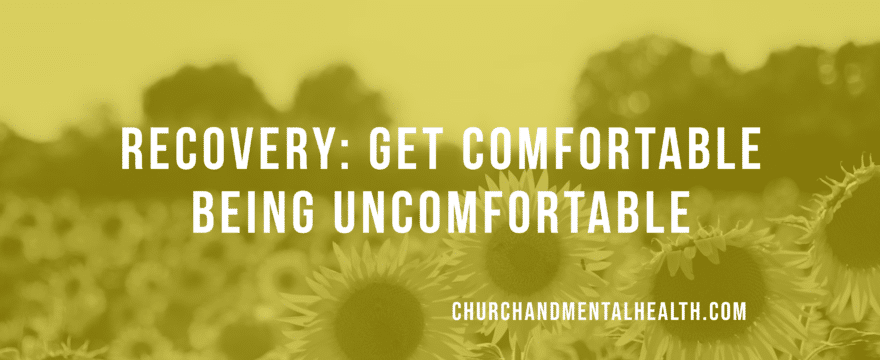Christian counselors, pastors, and Christians are called to walk alongside struggling people by offering support, understanding, and hope. In our journey, we encounter individuals facing mental health and substance use disorders, often battling stigma and misunderstanding. However, one truth of recovery we must understand is that it is not easy. Quitting misusing substances, stopping suicidal ideation, and understanding what is reality and what is psychosis are only the beginning. That’s when the hard part begins.
I recently attended a conference alongside other clinical directors, Child Protective Services (CPS) directors, and people with lived experience with mental illness and substance misuse who had an open CPS case at one point and now are working alongside CPS to help others stuck in active addiction move forward. She outlined her recovery, how making good choices led to further pain, and it was easy to relapse if she wanted to, but she stood by her motto, “the next best choice, one day at a time.” As she looked back on that time, now 15 years sober and running a Peer Support recovery center, she labeled that time “Get Comfortable Being Uncomfortable,” I found that so powerful.
Embracing Discomfort
Recovery is a challenging journey. It requires confronting pain, facing fears, and navigating through the unknown. Yet, it is in these moments of discomfort that true transformation occurs. As Christian counselors, we understand the paradoxical nature of healing – that sometimes, we must lean into discomfort to find comfort, confront pain to find peace, and journey through darkness to discover light.
For individuals in mental health and substance use recovery, discomfort often becomes a familiar companion. They grapple with the complexities of their conditions, the challenges of treatment, and the stigma that surrounds their struggles. In these moments, our role as counselors and Christians becomes essential – to offer a safe space for vulnerability, a listening ear for validation, and a guiding hand for support.
Dismantling Stigma
Stigma has long been a barrier to healing for those battling mental health and substance use disorders. It thrives in silence and ignorance, perpetuating shame and isolation. I think of Paul’s life while he was in the Roman prisons and his last words to Timothy holding so much direction for our lives:
“I have fought the good fight, I have finished the race, I have kept the faith” (2 Timothy 4:7)
Lived experience is a powerful teacher. It offers insights that textbooks cannot convey and empathy that transcends words. As counselors and pastors, we should stop and listen to the stories of those with lived experience, honor their journeys within their redemption in Christ, and consider the power of their words for the Gospel. By doing so, we dismantle stigma and create a community of acceptance and support where healing can flourish beyond a message that may come from someone who doesn’t understand.
Cultivating Empathy
Empathy lies at the heart of our Christian faith. It is the ability to understand and share others’ feelings, to see the world through their eyes, and to walk in their shoes. In the realm of mental health and substance use recovery, empathy is a transformative force, bridging the gap between stigma and understanding.
As Christians, we are called to embody love, which can be done through empathy in all aspects of our lives, especially in our interactions with those facing mental health challenges and substance use disorders. We must strive to see beyond the labels and stereotypes, recognize each individual’s inherent dignity and worth, and offer love, compassion, and support without judgment or condemnation.
A Journey of Healing and Hope
Recovery is a journey of healing, transformation, and redemption. Christian counselors, pastors, and church leaders are privileged and responsible for walking alongside those on this journey, offering guidance, support, and encouragement at every step.
Let us embrace discomfort as a pathway to healing, dismantle stigma with compassion, and cultivate empathy in our hearts and communities. Together, let us create a world where mental health and substance use disorders are met with understanding, acceptance, and hope – a world where all God’s children can find healing, wholeness, and redemption.
May we, as Christian counselors and fellow believers, embody these words in our journey of supporting and uplifting those in mental health and substance use recovery.

Leave a Reply